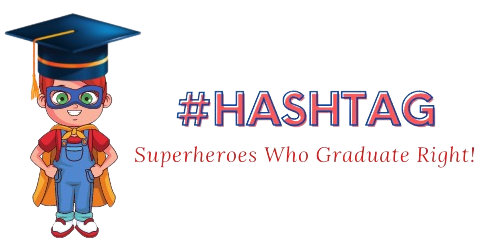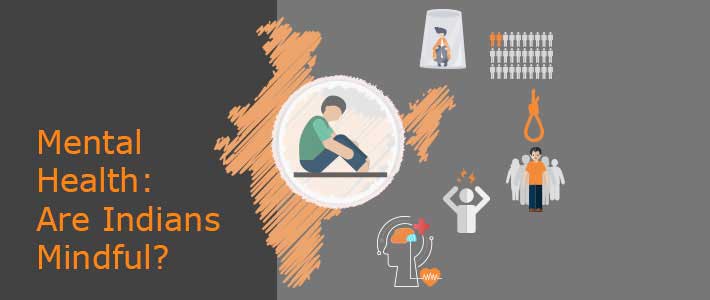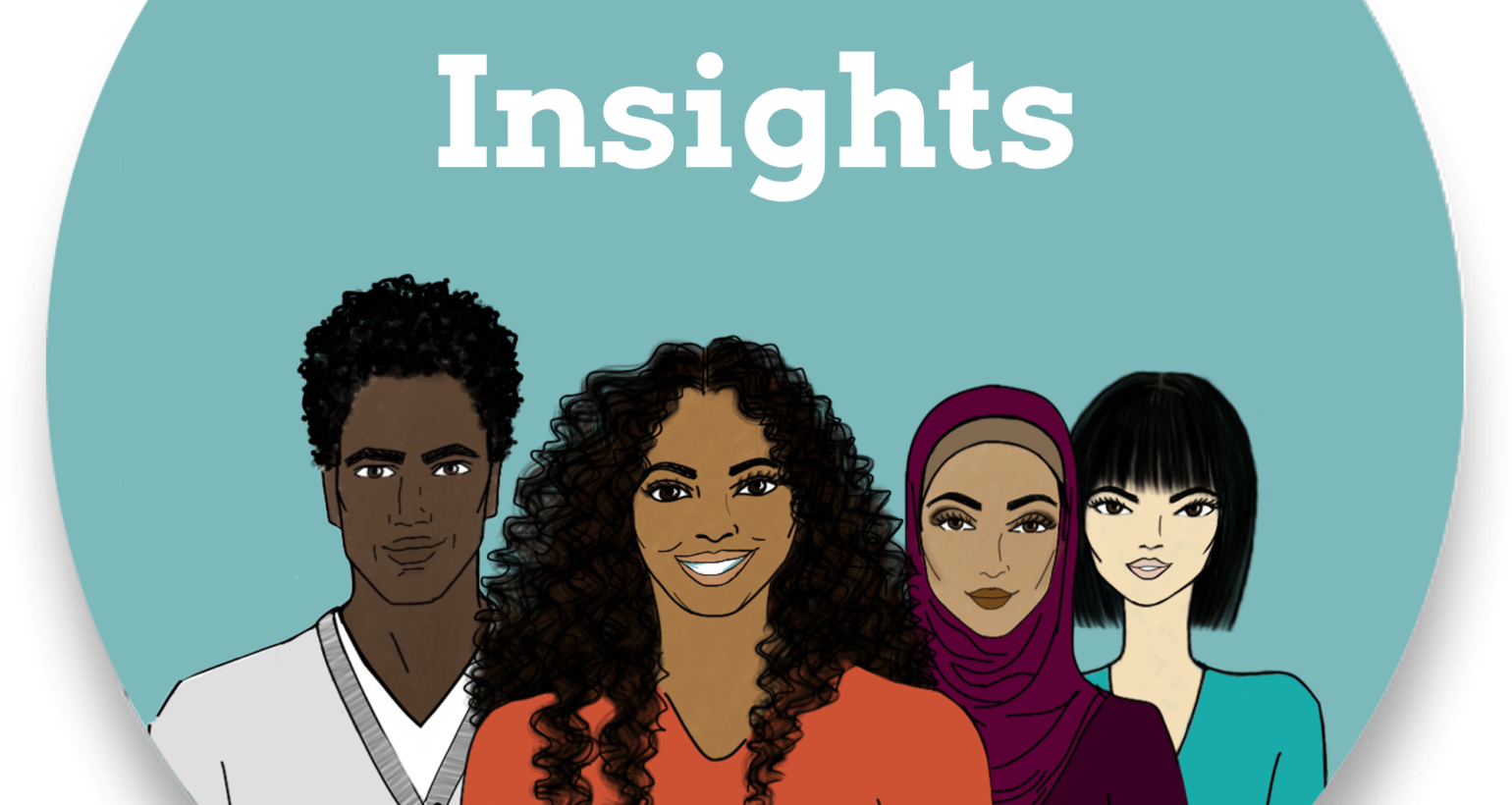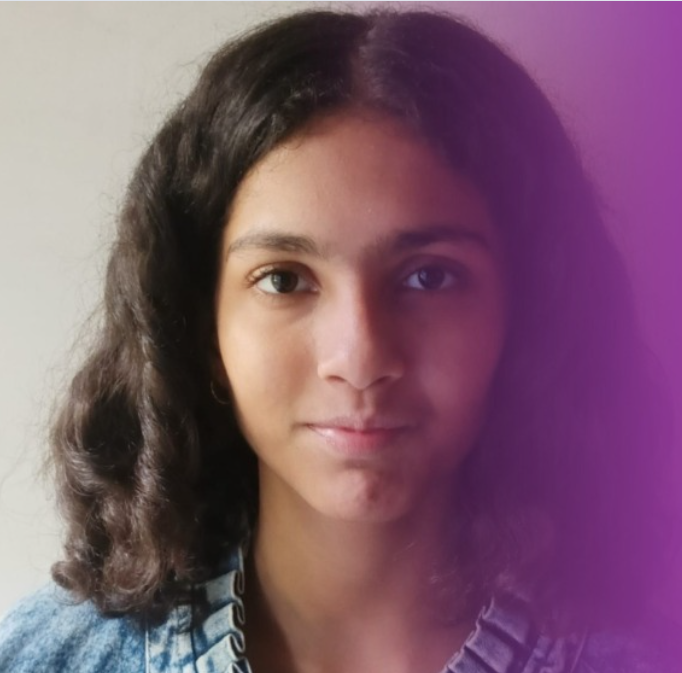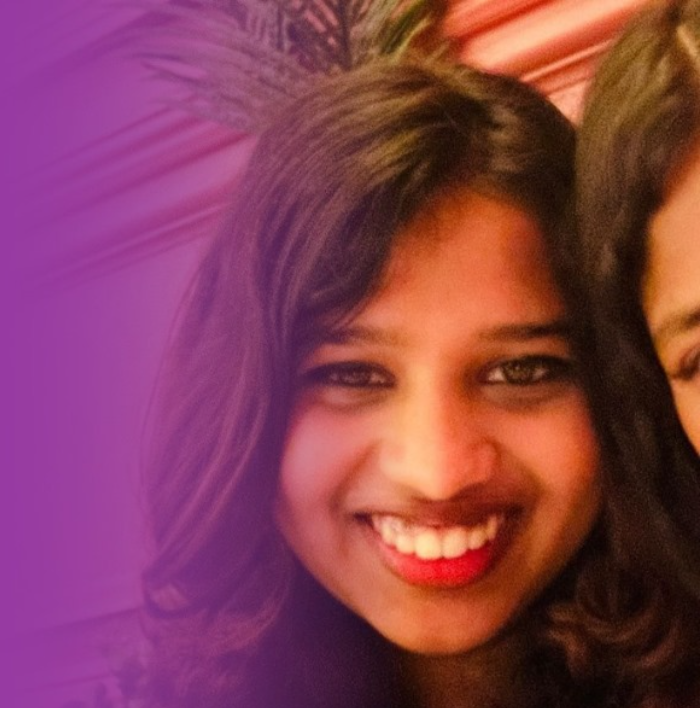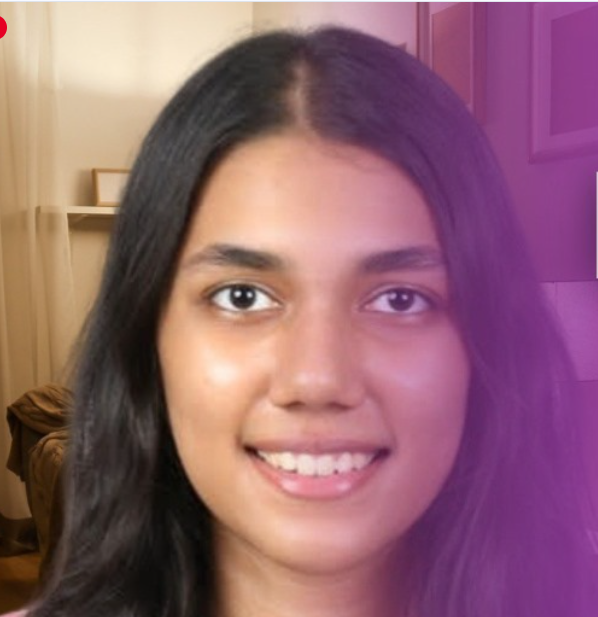Introduction: Analyzing Mental Health Portrayals
Lights, camera, action (Psychology)! Bollywood, the glamorous world, has captured the hearts of millions with its larger-than-life stories and vibrant musical numbers. While it’s known for its extravagant dance sequences and epic romances, Bollywood has also started delving into the complex realm of mental health.
Let’s uncover the fascinating intersection of Bollywood and psychology, analyzing how mental health issues are portrayed on the silver screen.

The Evolution of Mental Health Psychology Portrayals in Bollywood
From stereotypical caricatures to nuanced depictions, Bollywood’s portrayal of mental health has come a long way. However, recent years have witnessed a shift towards more sensitive portrayals, reflecting a growing awareness of mental health issues.
Breaking the Psychology Stigma: Bollywood’s Role in Normalizing Mental Health Conversations
Bollywood movies possess a tremendous reach and influence, making them a powerful tool for spreading awareness surrounding mental health. Films like “Dear Zindagi” and “Taare Zameen Par” have tackled topics such as depression, anxiety, and learning disabilities, creating conversations that extend beyond the silver screen. By humanizing characters struggling with mental health challenges, Bollywood has encouraged viewers to engage in open dialogues about their own experiences.
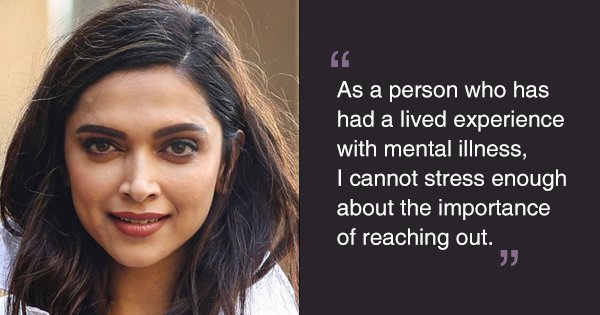
The Art of Psychology Metaphors: Symbolism in Bollywood’s Mental Health Portrayals
Bollywood’s creative storytelling often relies on metaphors and symbolism to convey complex emotions. Similarly, mental health narratives are often metaphorically represented, allowing viewers to connect on a deeper level. For example, in “Black,” the protagonist’s struggle with Alzheimer’s disease is depicted through the metaphor of darkness. Such artistic representations help bridge the gap between entertainment and psychology, fostering a more empathetic understanding of mental health.
The Lighter Side: Comedy as a Vehicle for Mental Health Awareness
While mental health is a serious subject, Bollywood cleverly utilizes comedy to shed light on these issues. Movies like “Munnabhai MBBS” and “Judgemental Hai Kya” skillfully blend humor with sensitive topics like anxiety and schizophrenia, helping to destigmatize mental health problems. By adding a dash of laughter, these films encourage audiences to approach mental health discussions with openness and compassion.
Unrealistic Expectations: Addressing Bollywood’s Flaws in Mental Health Portrayals
While Bollywood has made strides in representing mental health, it’s important to acknowledge its limitations. The industry still struggles with unrealistic portrayals, sensationalism, and oversimplification of mental illnesses. It is essential to have a balanced perspective and hold Bollywood accountable for accurate storytelling that respects the complexity of mental health conditions.

From Reel to Real: Bollywood’s Impact on Society’s Perception of Mental Health
The influence of Bollywood extends far beyond the cinema halls. The movies we watch play a significant role in shaping our perceptions and attitudes toward mental health in real life. By showcasing relatable characters navigating mental health challenges, Bollywood has contributed to reducing the stigma.
The Power of Authenticity: Bollywood’s Responsibility in Mental Health Portrayals
As Bollywood continues to explore mental health narratives, authenticity and responsible storytelling become paramount. Accurate portrayals can educate the masses and promote a better understanding of mental health issues.
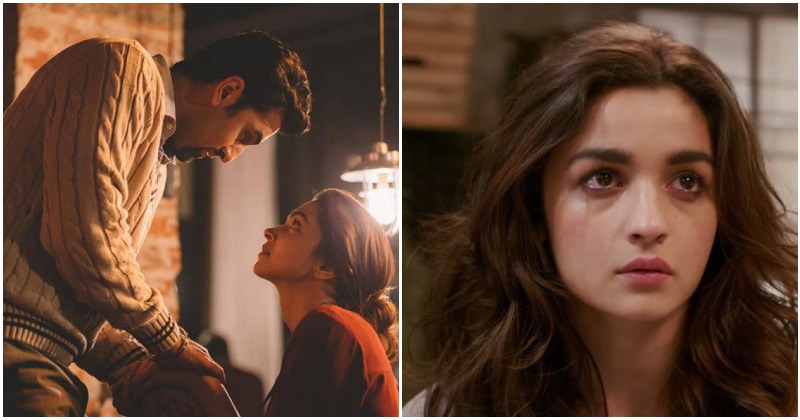
Bollywood’s increasing focus on mental health portrayals is a promising step towards destigmatizing and raising awareness about mental health in society. Through evolving narratives and relatable characters, Bollywood has the power to inspire empathy and encourage open discussions about mental health challenges.
However, it’s crucial to acknowledge the industry’s flaws and hold it accountable for accurate and responsible storytelling. Sensationalism and oversimplification of mental health issues can perpetuate stereotypes and hinder progress. Bollywood should strive for authenticity, collaborating with mental health professionals to ensure accurate portrayals that resonate with audiences and provide a more nuanced understanding of mental health.
Conclusion :
Ultimately, the intersection of Bollywood and psychology presents a unique opportunity to bridge the gap between entertainment and mental health awareness. By harnessing the power of metaphors, using comedy as a vehicle for conversation, and breaking down barriers through relatable narratives, Bollywood can contribute significantly to changing societal attitudes towards mental health.
As viewers, it’s essential for us to approach Bollywood’s mental health portrayals with a critical eye. By engaging in meaningful discussions, challenging stereotypes, and promoting accurate representations, we can encourage the industry to continue its growth in portraying mental health responsibly.

Let’s appreciate the progress made, demand more authentic storytelling, and support the inclusion of mental health narratives in mainstream cinema. Together, we can ensure that Bollywood’s lens on mental health continues to evolve, fostering a more compassionate and understanding society.
Lights, camera, destigmatize! Bollywood has the potential to change lives, one movie at a time. Let’s keep the reel rolling and the conversation on mental health alive.
